Research from spatial repellent trial in Syria published in BMC Medicine journal
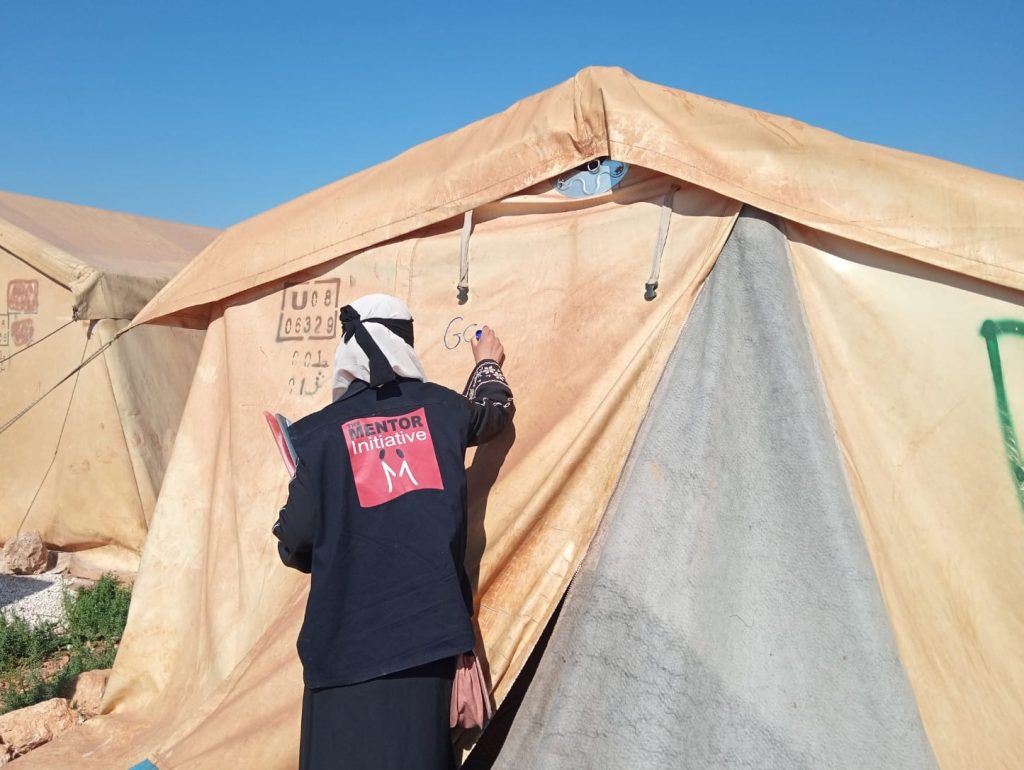
Research from a trial evaluating the efficacy of Mosquito Shield™ spatial repellent in reducing cases of cutaneous leishmaniasis in displacement camps in North-East Syria was published in BMC Medicine journal on 3 July. The results are significant and provide the first demonstrable impact of spatial repellents on cutaneous leishmaniasis (CL) transmission, particularly in fragile, humanitarian […]
New spatial repellent tool is distributed to refugee camps in South Sudan to protect against vector-borne diseases
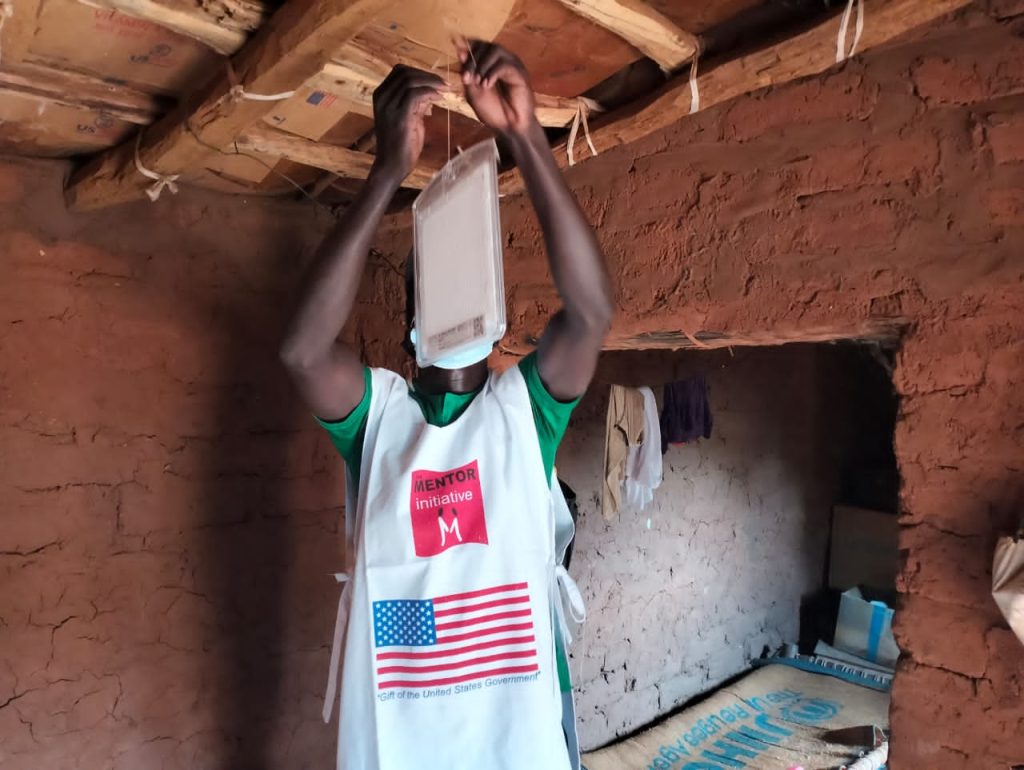
An innovative vector control tool is being distributed across refugee camps and host communities in Jamjang and Renk, South Sudan, as part of an integrated malaria prevention campaign that aims to protect over 200,000 people. Field staff and trained volunteers are installing SC Johnson spatial repellents in shelters in communities at most risk of malaria. […]
Strengthening health systems through WASH improvements
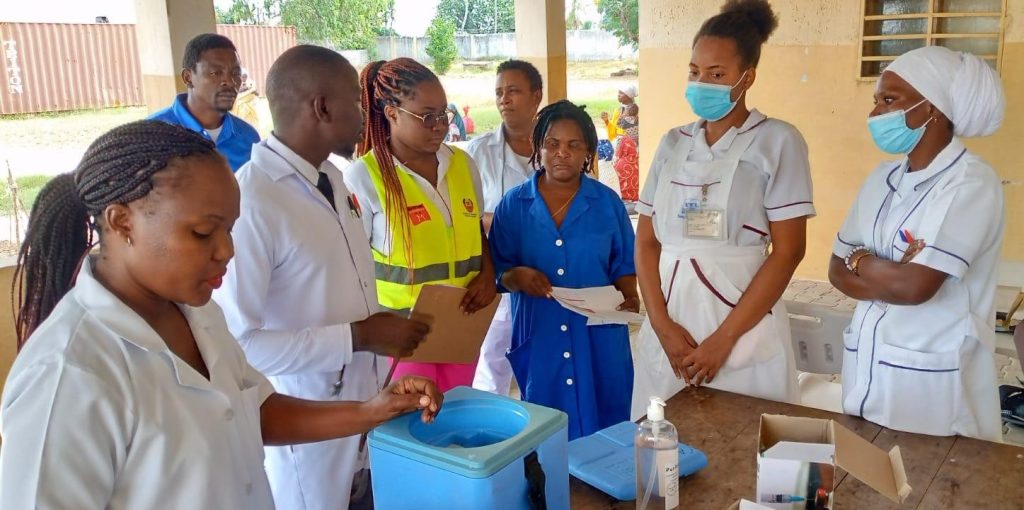
MENTOR is supporting District Health Services to strengthen health systems in northern Mozambique by implementing the WASH Facility Improvement Tool (WASHFIT) in 15 health facilities. Safe water, sanitation, and hygiene are critical to quality healthcare. In partnership with UNICEF Moçambique, we are working together with facility teams in Cabo Delgado and Nampula Provinces to: – […]
Mobile clinics deliver health and nutrition services in Cabo Delgado
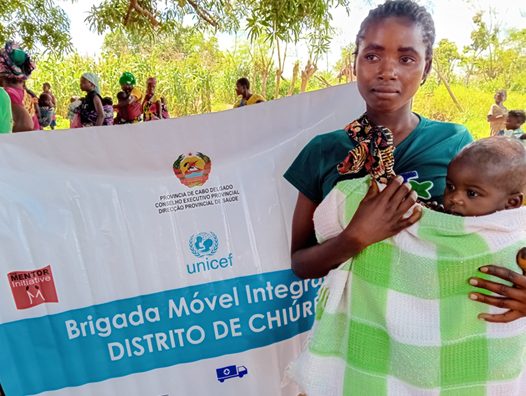
Two mobile clinics staffed by specialised integrated health teams are working with community health workers and volunteers in Chiure District, Cabo Delgado to deliver essential health and nutrition services to communities furthest from facilities. Severe chronic malnutrition affects one in two children between 6 and 59 months in Cabo Delgado, Nampula and Niassa Provinces. Malnutrition […]
MENTOR presents at a MoH event in Burkina Faso
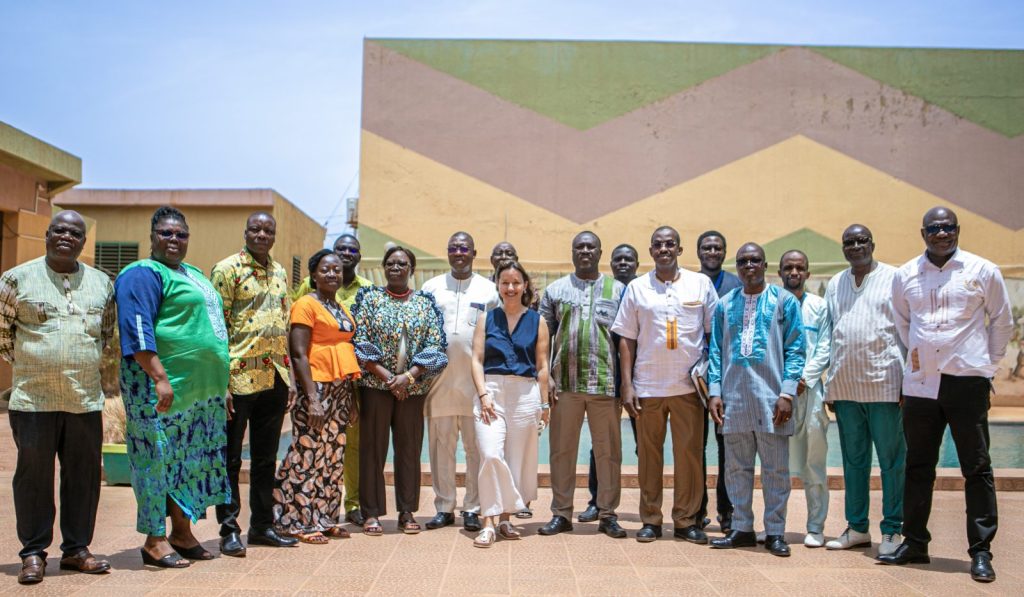
The MENTOR Initiative held an event last Friday to formally present the organisation to senior members of the Ministry of Health and relevant partners in Burkina Faso. MENTOR’s expertise in vector control, particularly through an integrated vector management approach, was highlighted as essential in Burkina Faso where vector-borne diseases are increasing, and an integrated approach […]
World Malaria Day
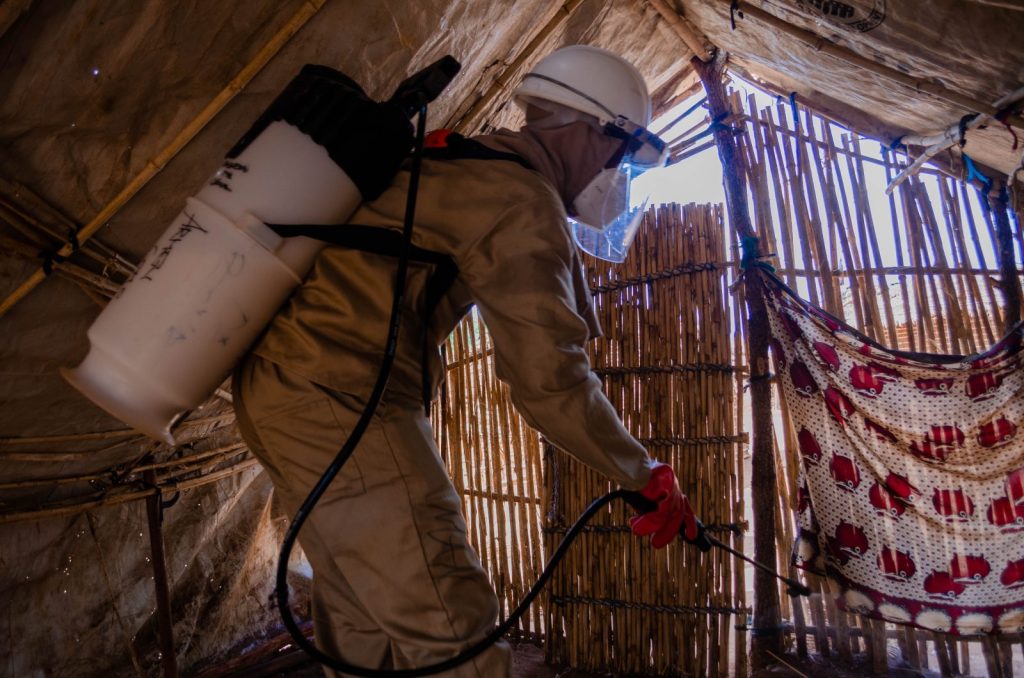
MENTOR’s priority has also been malaria control in vulnerable settings – where people are most at risk because of factors such as conflict, extreme weather, forced displacement and a lack of healthcare. For over 20 years we have adapted and expanded how we work to respond effectively to public health challenges and the behaviour and […]
World Health Day
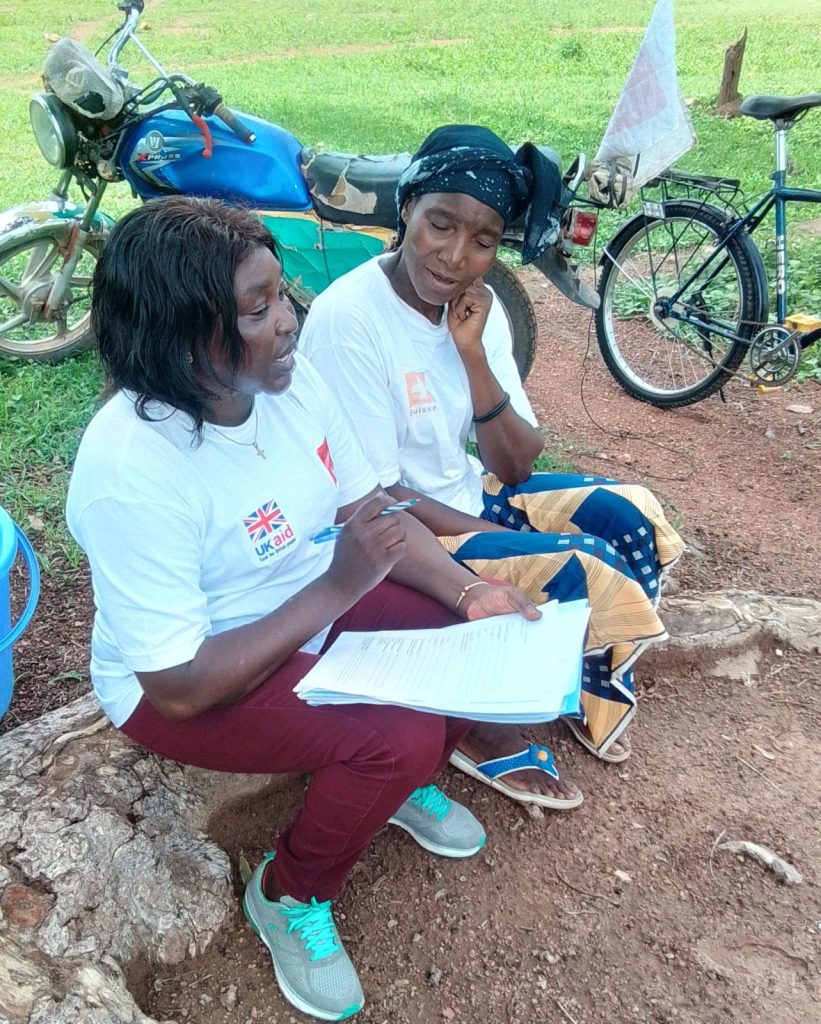
World Health Day (7 April) marks the start of a campaign titled Healthy beginnings, hopeful futures focusing on helping every woman and baby survive and thrive. So how can pregnant women and mothers with babies in conflict settings, often forcibly displaced, and exposed to deadly diseases and other threats be best supported? The protracted humanitarian […]
Cholera threat rises after third cyclone in four months hits northern Mozambique

On 10 March Cyclone Jude made landfall in Nampula Province, Mozambique devastating communities already struggling to rebuild their lives after cyclones in December (Chido) and January (Dikeledi). High winds and heavy rain have made roads inaccessible, damaged infrastructure such as schools, water systems and health units, and led to power outages across the area. The […]
Indoor residual spraying addresses high rates of malaria in northern Nigeria
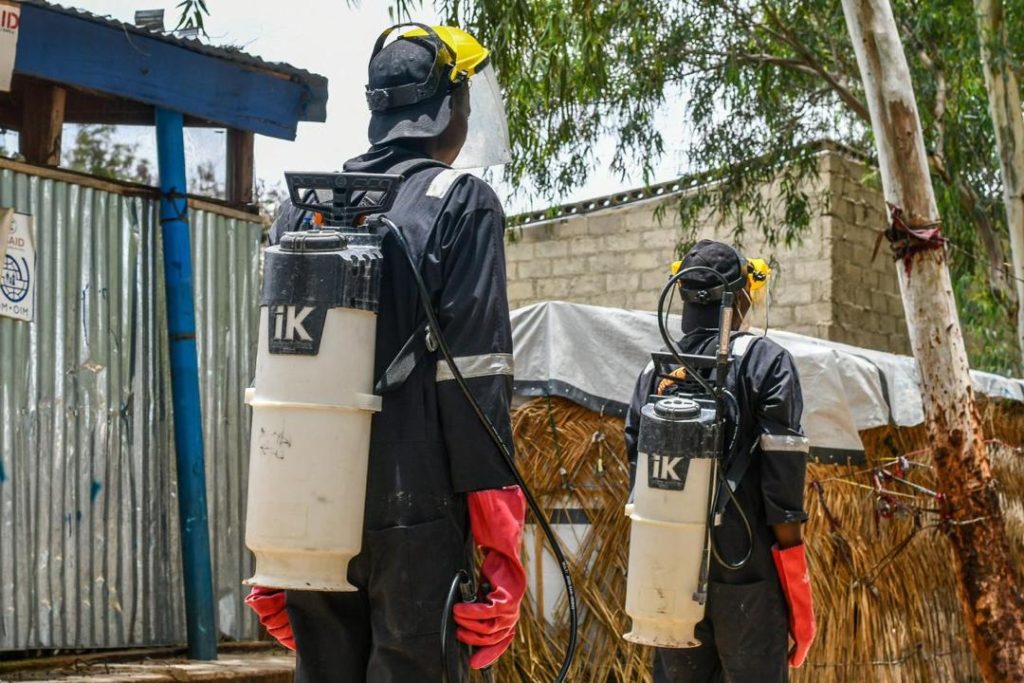
“After the flood disaster there were a lot of insects, especially the mosquitoes which really increased. Since MENTOR sprayed insecticide inside our houses there are no mosquitoes nor other insects.” – Aisha Muhammad, Bollori 2 ward, Maiduguri. In February, an indoor residual spraying campaign in flood-affected northern Nigeria was carried out to protect over 44,000 […]
New invasive mosquito detected in Angola
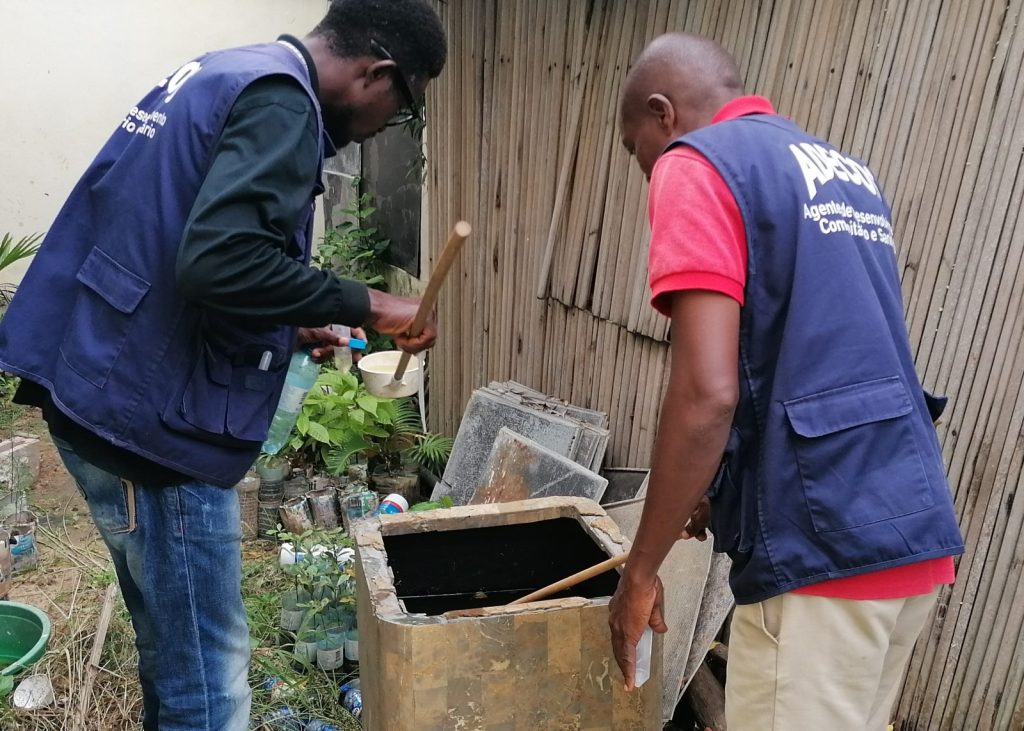
New research published in the Parasites & Vectors Journal, co-authored by MENTOR entomologists Gonçalo Martins Alves and Arlete Troco, reports the first detection of the Asian tiger mosquito (Aedes albopictus) in Angola. This important discovery was made during surveillance efforts supported by MENTOR targeting Anopheles stephensi – another invasive species – at key points of entry […]
